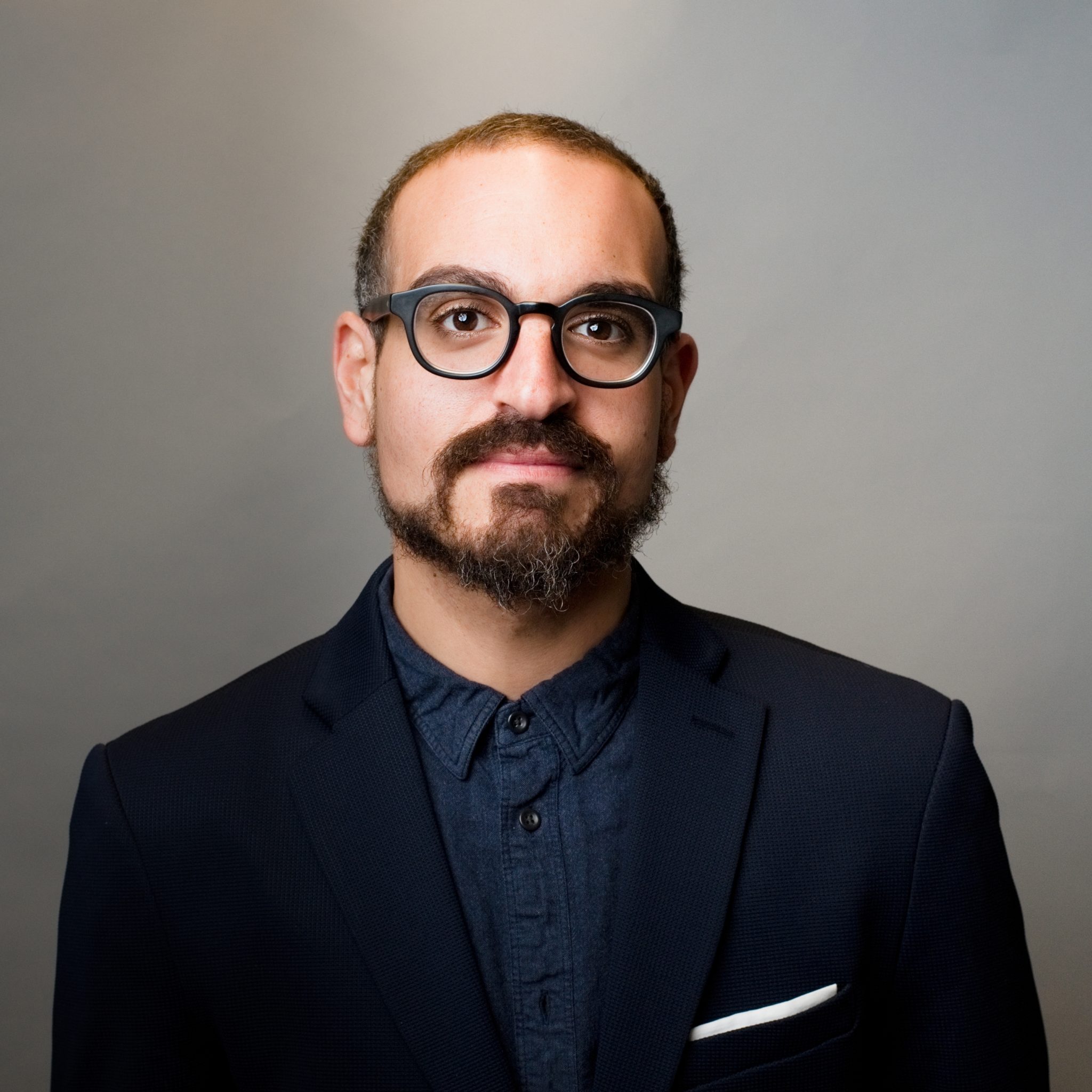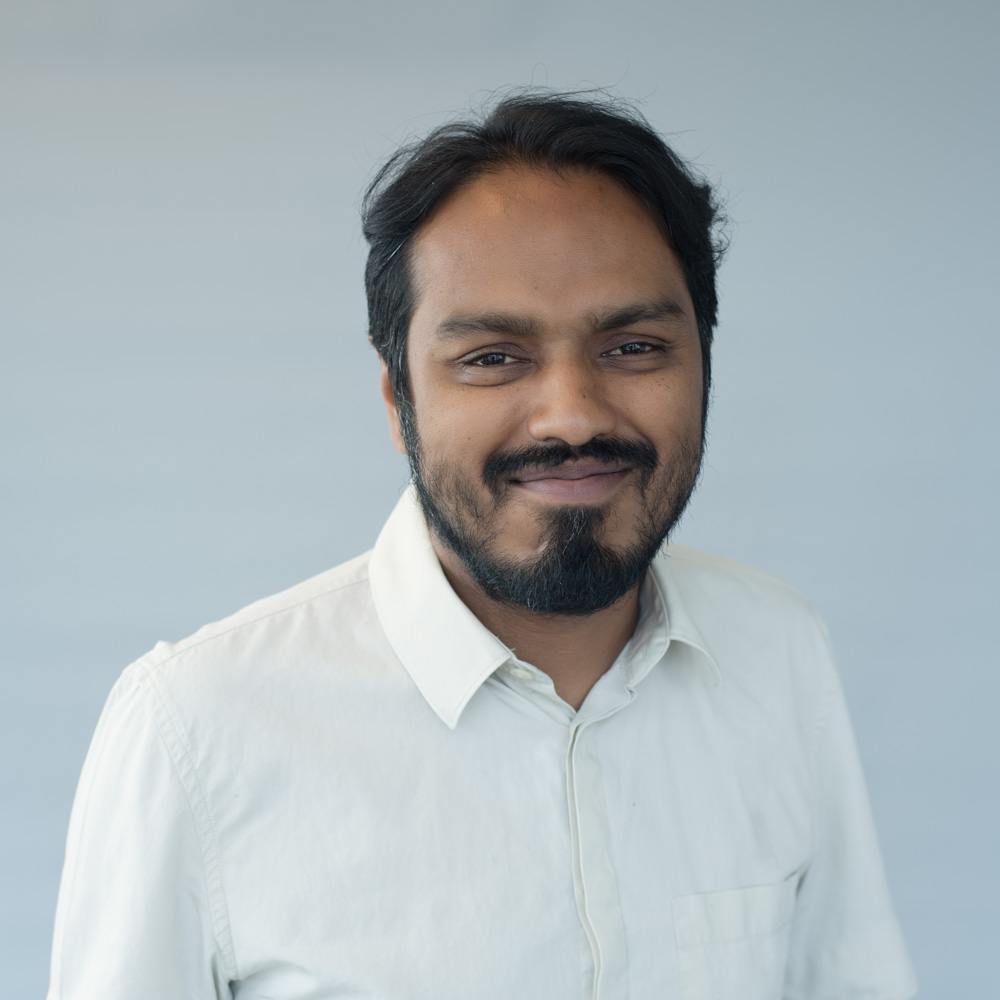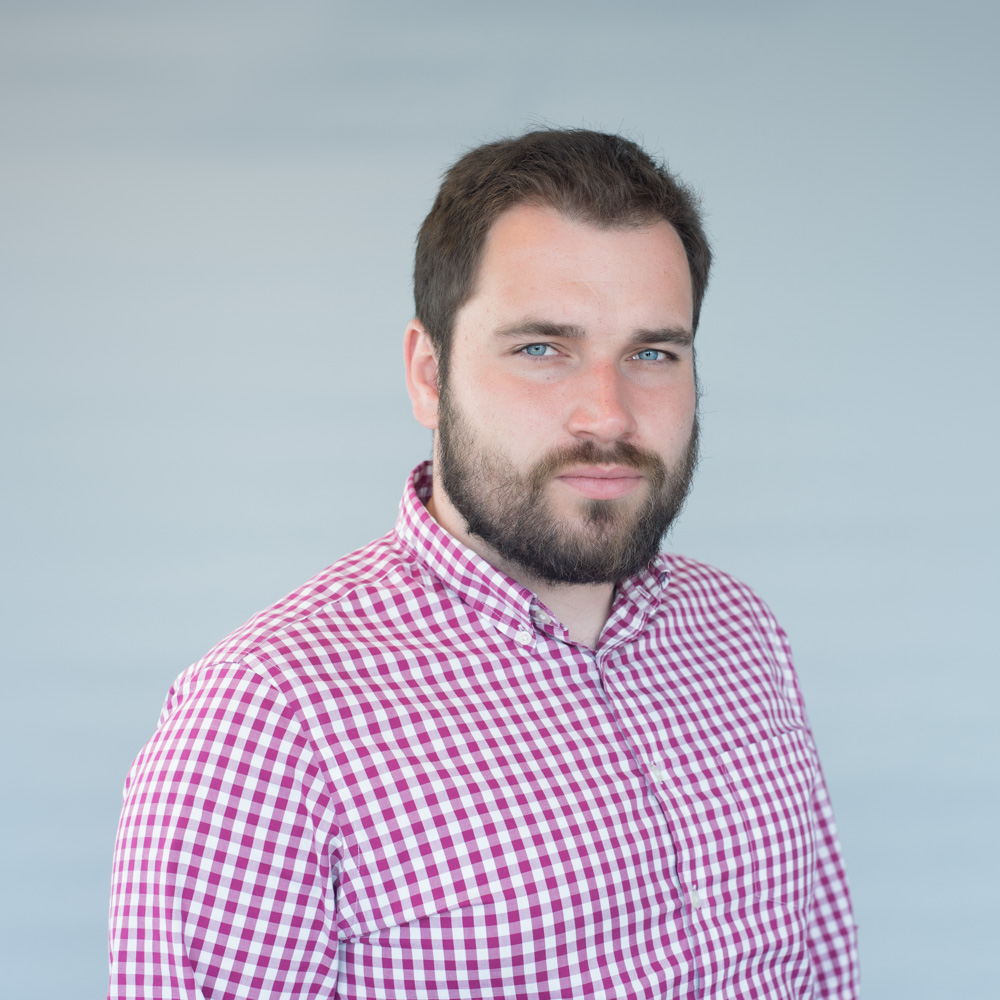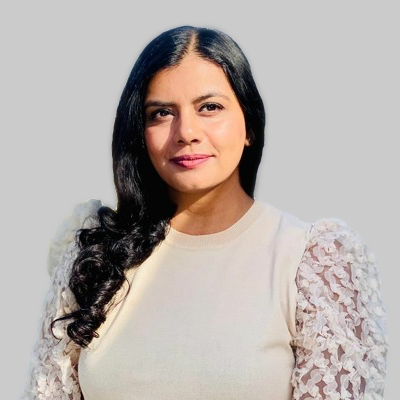Dialogue & Deradicalisation
By engaging in dialogue with those most vulnerable to extremist ideologies, they can be walked back from the edge of violence.
For over 15 years, ISD has worked on the forefront of deradicalisation efforts across the ideological spectrum. We do this through a range of programmes underpinned by rigorous research into the drivers of radicalisation.
Counter Conversations
Violent extremists increasingly use peer-to-peer messaging to engage potential recruits on social media. ISD’s Counter Conversations initiative uses a similar approach to dissuade and disengage extremist sympathisers online. Using digital tools which utilise publicly available information, we map and locate users expressing extremist sentiment online. Our intervention providers then engage identified individuals in constructive, personalised online conversations, offering a positive alternative and deterring them from joining violent extremist groups.
Our intervention providers consist of former extremists, survivors of extremist violence and counsellors. The former extremists and survivors who initiate these conversations are drawn from our Against Violent Extremism (AVE) network – the largest network of former extremists and survivors of extremism in the world. These individuals have the credibility and insight needed to carry out these highly sensitive conversations with radicalised individuals online.
Against Violent Extremism Network
ISD’s Against Violent Extremism (AVE) network is a unique and powerful global force in the ongoing struggle to tackle violent extremism. By connecting former extremists with survivors of extremist attacks, the AVE network leverages the lessons, experiences and connections of individuals who have dealt first-hand with extremism. The unique experiences of AVE members enables them to push back against extremist narratives and prevent the radicalisation of others.
ISD’s Dialogue & Deradicalisation team

Moustafa Ayad
Executive Director; Africa, the Middle East and Asia (AMEA)






Rashad Ali
Senior Fellow






Jacob Davey
Director of Policy & Research, Counter-Hate






Charlotte Moeyens
Senior Manager, Networks & Civic Action



Charlotte Moeyens
Senior Manager, Networks & Civic Action



Hadiya Masieh
Fellow



Hadiya Masieh
Fellow
